
THE RANGE FUNCTION CENTRE, 308 COPLAND STREET, WAGGA WAGGA NSW 2650
The Association hereby gives notice that its Annual General Meeting, Conference and Trade Exhibition will be held on Thursday, 23 and Friday, 24 May 2024 at The Range Function Centre, 308 Copland Street, Wagga Wagga to conduct the following business:
Wednesday, 22 May 2024 will be host to a NSW DPI run Varroa Management Workshop at The Range Function Centre followed by a Hospitality Evening at Tilly’s Wagga (109 Baylis Street), including canapés and drinks, commencing at 6:30pm, where delegates will have the opportunity to mingle and meet with some of our Guest Speakers.
The two-day Conference, sponsored by Lockwood Beekeeping Supplies, will feature presentations by industry leading experts, both international and local, covering subjects including Varroa – with presentations by Dr Denis Anderson, Jason Marshall, Rae Buttler and Dr Nadine Chapman – Honeybee nutrition, Bushfire Recovery Grant Projects, the Pacific Labour Scheme, and also presentations and industry updates by NSW DPI, Almond Board Australia, Berries Australia, AgriFutures, Hort Innovation and more.
Our feature Trade Exhibition, which will run for the two days of conference, will showcase trade booths from exhibitors from both Australia and overseas.
Friday night will host our Annual Conference Dinner, sponsored by Australian Rainforest Honey. Featuring a two course meal and a live auction, this will be a night not to be missed!
The Range Function Centre, located at 308 Copland Street, is a short drive from the Wagga Wagga CBD. For the convenience of delegates that would prefer not to drive, NSWAA have arranged buses to transport delegates from accommodations in the Tarcutta Street area to The Range Function Centre in the morning before conference, returning in the afternoon after conference, and also a return transfer for the Annual Conference Dinner. When purchasing conference tickets, delegates will be asked to nominate whether they will be using the bus to transport them to The Range and back to Tarcutta Street so we can ensure that we arrange the appropriate number of buses.
Tickets are limited so get in quick to avoid disappointment!
We have secured limited discounted accommodation rates for our delegates at the following motels:
Carlyle Suites & Apartments, 148 Tarcutta Street, Wagga Wagga – 02 6933 6100
Garden City Motor Inn, 2 Day Street, Wagga Wagga – 02 6921 3646
Bolton on the Park, 59-63 Tarcutta Street, Wagga Wagga – 02 6921 6222
Lawson Riverside Suites, 117-121 Tarcutta Street, Wagga Wagga – 02 6921 2200
Centralpoint Motel & Apartments, 164-166 Tarcutta Street, Wagga Wagga – 02 6937 2300
Please telephone the motel directly and advise that you are booking to attend the NSW Apiarists’ Association’s AGM and Conference to reserve one of these rooms.
Please note that there are a limited number of rooms held and accommodation in Wagga Wagga can book out quickly so get in fast to secure your accommodation.
Riverina Branch of NSWAA will also be holding a Field Day at The Range Function Centre on Saturday, 25 May 2024. This is a separately ticketed event, not included in Conference registration. Entry cost to the Field Day is $5.00 per person, cash only, at the gate on the day – children free.
*Note: Photographs and videos will taken at this event. By attending this event you hereby acknowledge this and consent to the possibility of having your photo/likeness/recordings posted publicly and on social media.LOSE
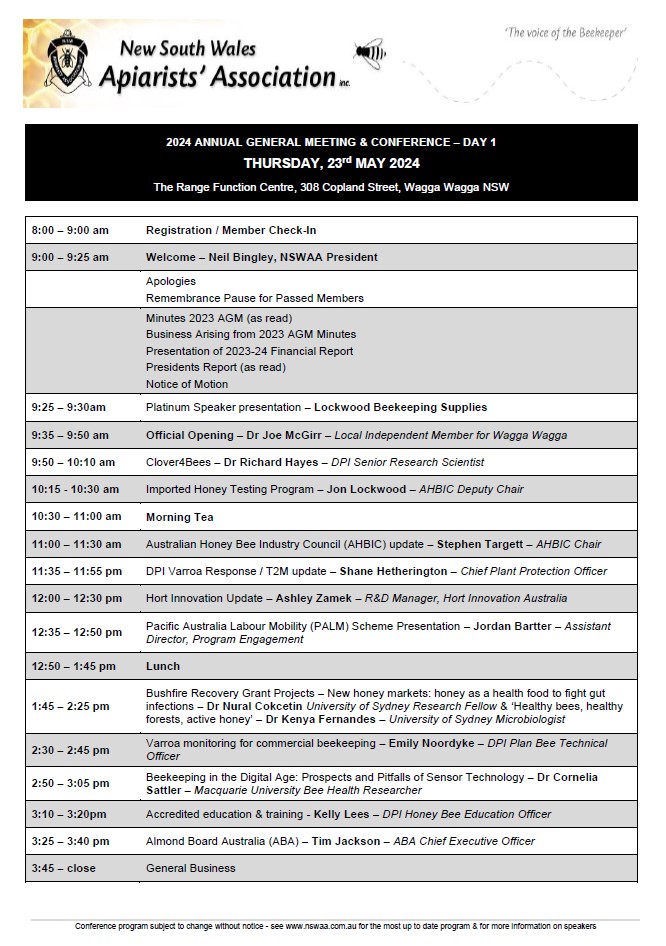
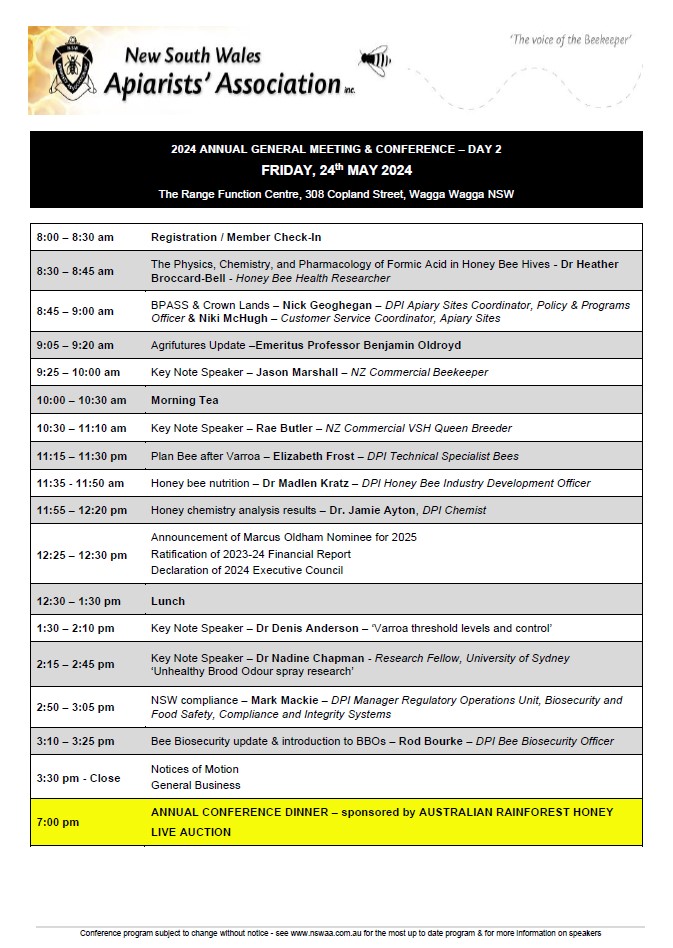
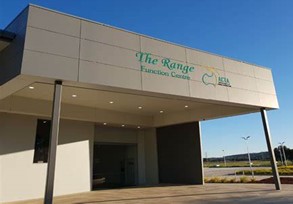
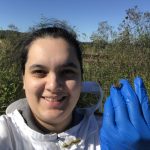
Microbiologist, University of Sydney
Kenya is a microbiologist at the University of Sydney. Her research involves surveying various New South Wales honeys for their antibacterial and antifungal properties including peroxide and non-peroxide activity, and investigating the relationship between forest health, bee health, and the antimicrobial properties of honey through microbiome analysis. Kenya’s work aims to improve our understanding of bee and hive health and to add value to New South Wales honey within the medicinal honey industry.
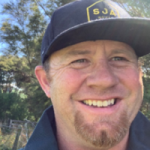
NZ Commercial Beekeeper
Jason has successfully kept bees in New Zealand on a commercial scale for the past 18 years, He is the owner and founder of SJA Honey based 1 hour north of Auckland and spread across the Kaipara District with over 4000 production Hives plus a 3000 unit queen raising division. Bulk Manuka and Bush Honey producer, Pollinator, local Bee Supplier and Bee Exporter. The business employs 14 full-time staff plus seasonal workers over the busy times.
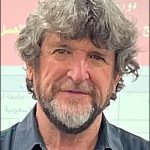
Bee Research Scientist
Dr Denis Anderson Denis is an internationally renowned bee research scientist, best known for his work in identifying and naming the two most important parasitic mite pests of honey bees, Varroa destructor and Tropilaelaps mercedesae, and clarifying their host-relationships. As well as leading bee research efforts at CSIRO for 25 years, Denis has also led and managed numerous other bee research efforts across the developed and developing worlds. For the past 9 years he has worked at improving the beekeeping sector of the United Arab Emirates, which involved conducting research to control varroa mites, improve beekeeping sustainability and develop a line of honey bee well adapted for the harsh local conditions. Denis has received numerous awards for his bee work, including the CSIRO Medal for Research Achievement, CSIRO’s highest research award, and the Goodacre Award, the highest award of the Australian Beekeeping Industry. Denis was recently appointed as Adjunct Professor in the Faculty of Sciences and Engineering at the Southern Cross University.
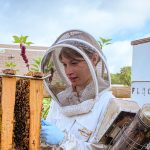
DPI Plan Bee Industry Development Officer
Emily works at the Department of Primary Industries on the Honey Bee Genetic Improvement Program, helping beekeepers select for desired traits in their queens. Before moving to Oz from the U.S., she worked for the Bee Informed Partnership Technical Transfer Team and got her Master's in entomology from the University of Florida, with a focus on pollen substitute research.
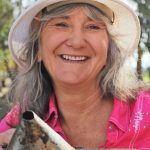
NZ Queen Breeder
Rae is a queen breeder in Canterbury, New Zealand, specialising in breeding for VSH queens including instrumental insemination technology. In 2022, Rae was awarded funding from the NZ Honey Trust for one year project on Varroa Resistance Breeding in New Zealand. The aim is to investigate the expression of the VSH trait in commercial bee colonies and to engage in technology transfer via a written protocol for VSH testing and organising a NZ Bee Breeding Association. Rae also dedicates time to promoting and organising the industry good NZ Mite monitoring and management program. Rae serves as an AP2 inspector for AFB and for the Exotic Surveillance program as well as an ambassador for the NZ Trees for Bees programme.
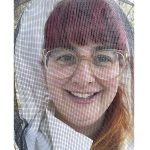
Research Fellow, University of Sydney
Nadine Chapman is a bee researcher at the University of Sydney. Nadine’s research is primarily industry focused. She co-leads the Plan Bee honey bee genetic improvement program, which aims to increase honey production, pollination and bee health. She is also leading the AgriFutures Australia funded Resilient beekeeping in the face of Varroa project, which aims to identify the best strategies for Australia if the Varroa eradication program is unsuccessful. Nadine enjoys the satisfaction of working on projects of intrinsic value to society; we need our bees to secure our food. She relishes working with different stakeholders and trying to understand their needs and find ways to meet them. She has a passion for communication; science should not be kept in the ‘ivory tower’.
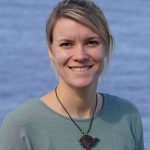
Research Fellow, Macquarie University
Conny is a research fellow at Macquarie University, focusing on bee health technology. She aims to understand what is needed in the beekeeping industry and what challenges must be overcome to improve sensor technology in bee hives. She completed her PhD in 2018 and postdoctoral research in 2020 at the Helmholtz Centre for Environmental Research in Germany. There, she studied arthropod communities in rice agroecosystems, with a focus on field experiments on sustainable pest management practices in Vietnam and Cambodia. Since then, she has worked as a consultant and extension scientist with a focus on agroecology, conservation, and science communication across a variety of institutes.
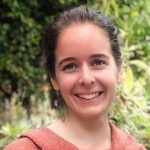
DPI Honey Bee Industry Development Officer
Dr Madlen Kratz works with the Department of Primary Industries in NSW as the 'Honeybee Industry Development Officer'. Her background is in research on honey bee nutrition, foraging behaviour, and pollination. She focuses on bee health and productivity for the Honey Bee and Pollination Industries. Current areas of work include evaluating supplementary feeding practices for their costs and benefits to beekeepers, assessing alternative pasture species for their value to honey bees, and evaluating the attractiveness of blueberry flowers to bees under crop covers.
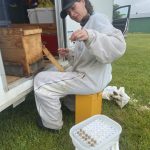
Honey Bee Health Researcher
Dr. Broccard-Bell began conducting honey bee research as a postdoctoral fellow at the University of California San Diego in 2014, focusing on vibrational communication and the effects of pesticides and pathogens on learning and behaviour. She returned to her native Canada in 2021 to become the Honey Bee Health Researcher for NOD Apiary Products. Her current role is a combination of field and laboratory research, education, product development and testing – and a LOT of beekeeping.
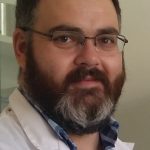
NSW DPI Chemist
Jamie Ayton has been with NSW Department of Primary Industries since 1995. In that time, he has worked with the edible oil industries in Australia, mainly olive oil and canola. He has coordinated research projects determining quality and authenticity of these and other products. More recently, Jamie has been involved in the honey industry, initially completing a comprehensive literature review of honey chemistry. Subsequently he has developed analytical methods for the analysis of quality characteristics in honey in the NSW DPI laboratories in Wagga Wagga. He recently completed a research , funded by AgriFutures and NSW DPI, aimed at determining the composition of Australian honey. Jamie is a member of several technical committees, including Standards Australia, U.S. Pharmacopeia, the American Oil Chemists Society, the International Olive Council, and the Australian Oilseeds Federation. He and his team participate in worldwide inter-laboratory proficiency programs to ensure the accuracy of analytical results and they maintain NATA (ISO 17025) accreditation for their facilities.

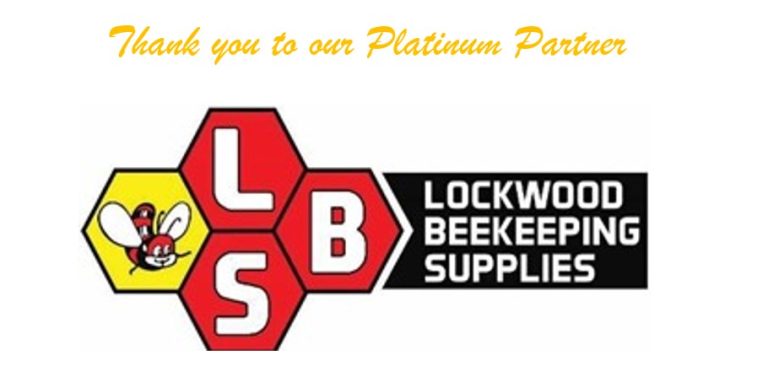
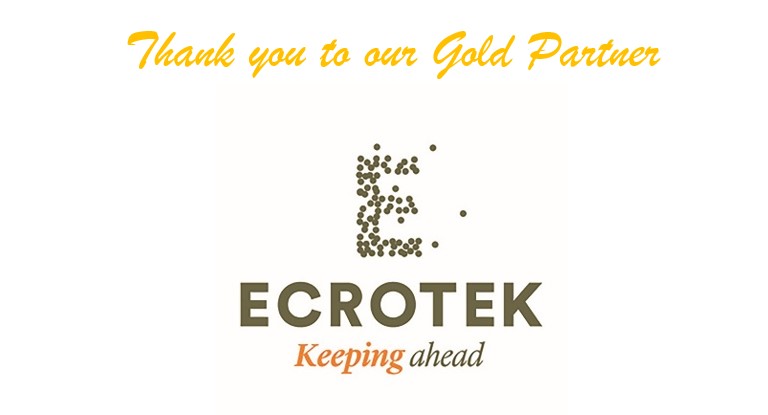
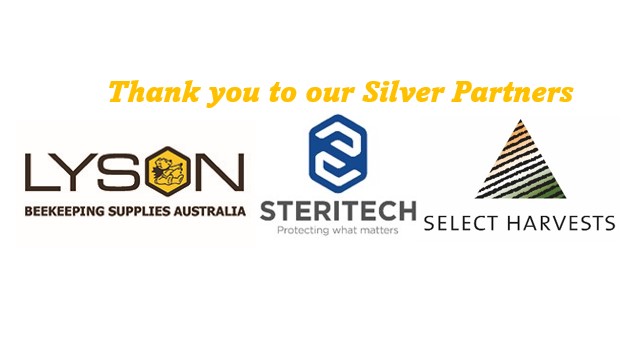
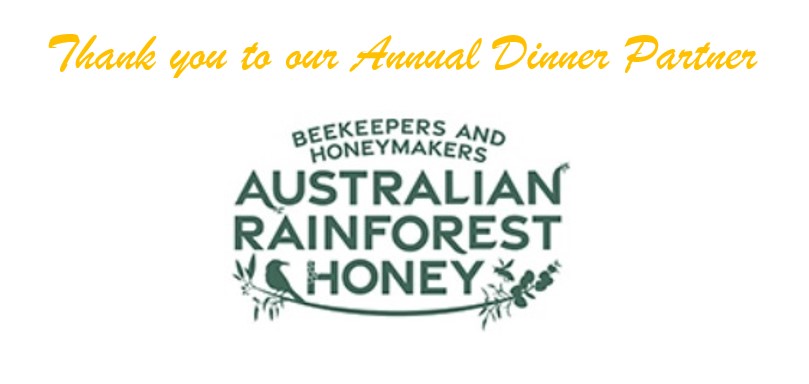
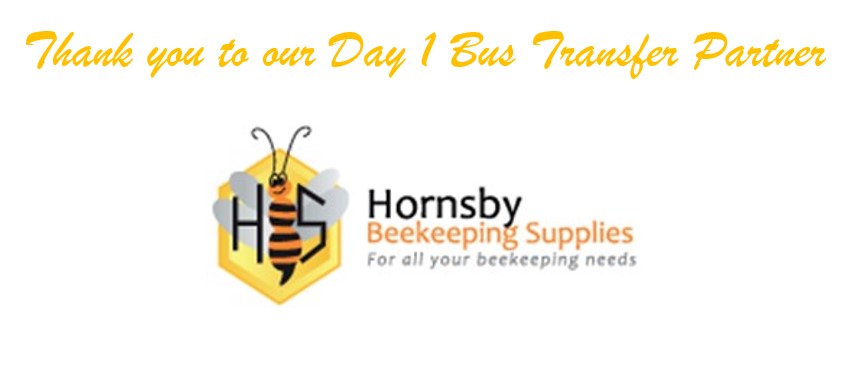

Newsletter

We welcome all beekeepers to join our Association and become more involved in our industry.

Website by Relevate
Copyright © 2022. All rights reserved.